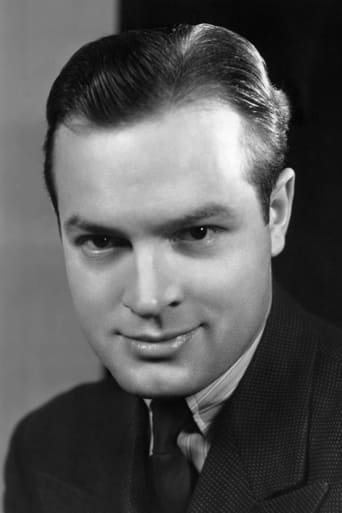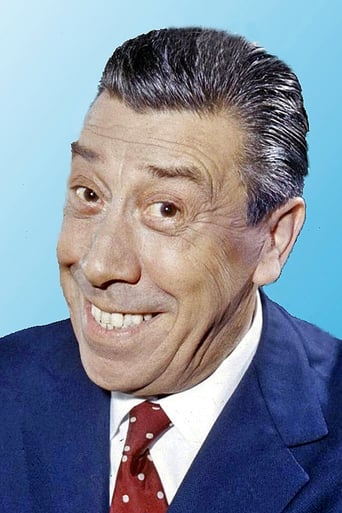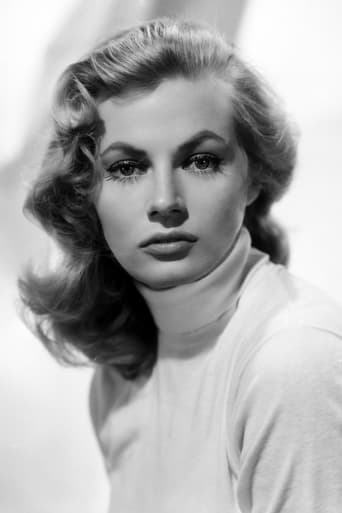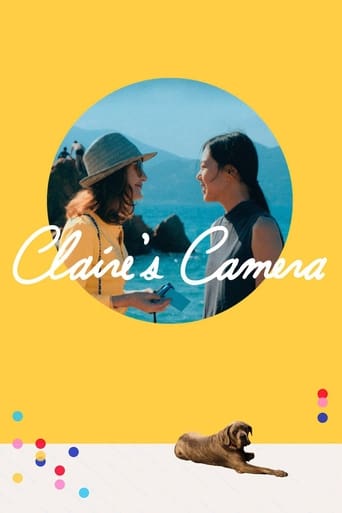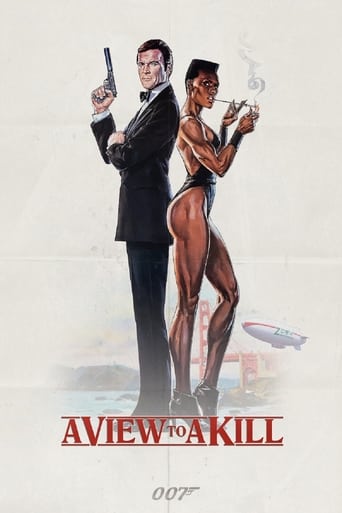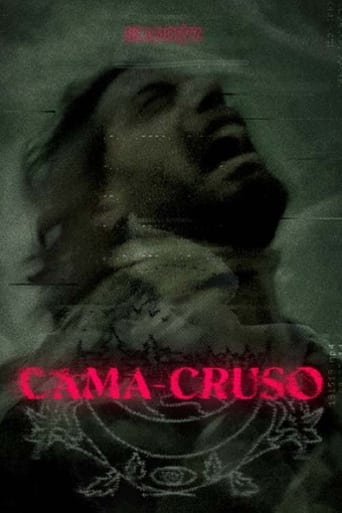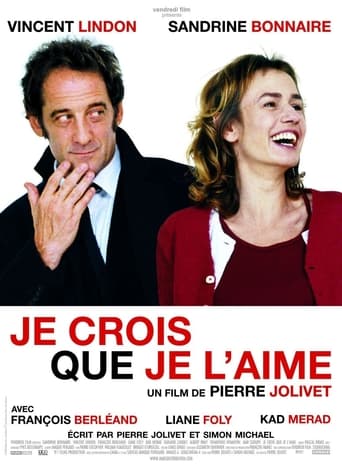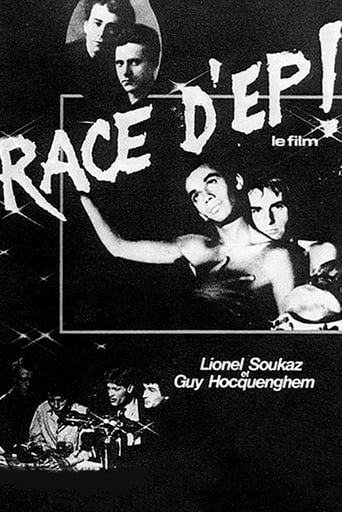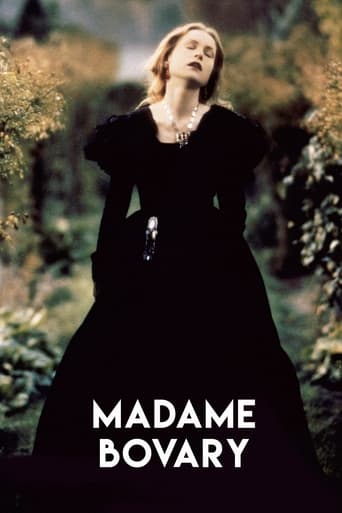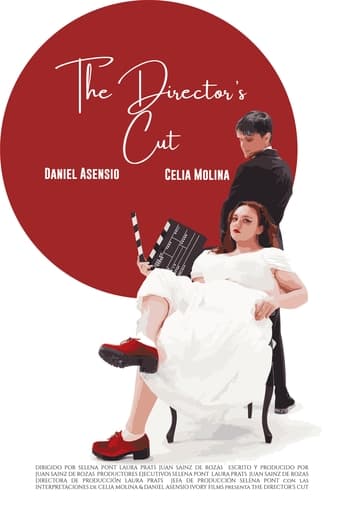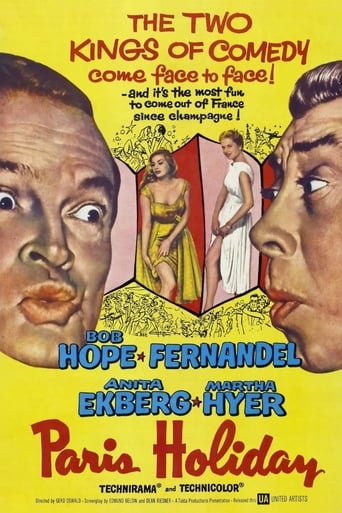
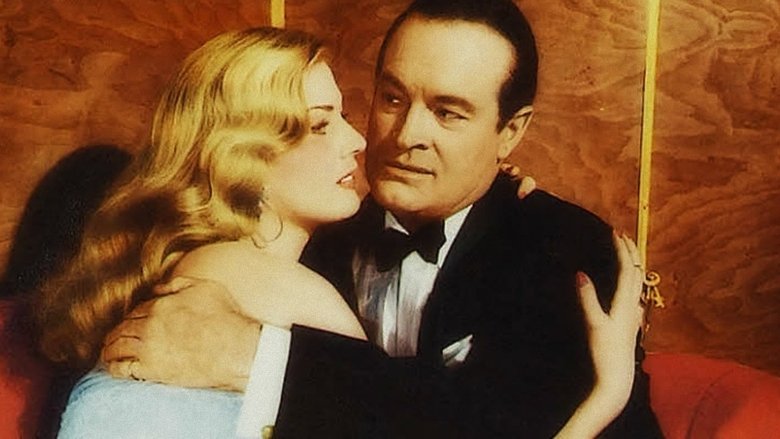
Paris Holiday (1958)
Comedian Bob Hunter is aided by his French counterpart Fernydel and two beautiful blondes when he is targeted for death by a powerful European counterfeiting ring.
Watch Trailer
Cast


Similar titles
Reviews
Save your money for something good and enjoyable
As somebody who had not heard any of this before, it became a curious phenomenon to sit and watch a film and slowly have the realities begin to click into place.
This is a coming of age storyline that you've seen in one form or another for decades. It takes a truly unique voice to make yet another one worth watching.
By the time the dramatic fireworks start popping off, each one feels earned.
I guess Bob Hope figured it out by the time of the Keystone Cop-like finale, hanging from an aerial trapeze suspended from a runaway helicopter. He uttered a similar line near the end of "My Favorite Spy" in another slapdash ending. Hope's partner in crime here is French comedian actor Fernandel, his named shortened by a letter to Fernydel for no apparent reason I can think of, other than it sounding a bit funnier. Hope's character runs to type, that of a somewhat cowardly leading man with an eye for the babes but unsure of himself when the heat really gets poured on, a la his first meeting with Anita Ekberg on board the cruise ship.The plot of the story was probably more complicated than it had to be. It would have been enough that the villains were attempting to steal a famed writer's new script for a movie, but the story was based on a massive counterfeit scheme that might have ruined the entire European economy. In a sample of art imitating life, Preston Sturges makes a brief appearance as that writer, probably wondering how he got himself into this vehicle.Not that the film is that bad, if viewed as a random sample of Bob Hope's filmography, it's readily passable. However he did far better films, notably the Road series with Crosby and Lamour. The Hope-Fernandel team up didn't seem to be an inspired combination, as virtually all of the Frenchman's lines were in his own language. His delivery of English slang in the courtroom setting could have been one of the snappier scenes instead of merely adequate. Still, there were a few bits of genuinely funny moments like Bob's hijacking of a pigeon, and Fernandel's shipboard 'sick' routine to free up the lounge chairs. A little over the top to be sure but it worked.I probably should mention Martha Hyer's reserved but graceful portrayal of State Department employee Ann McCall who Bob proceeds to romance. After a rocky start they manage to become a serious couple, although I never really caught the point where that relationship turned for the better. Anita Ekberg appears as a mysterious spy and gets a lot of obvious profile time in the picture, and just as with Miss Hyer, her character shifts course near the end of the picture for no apparent reason.
Bob Hope was, without a doubt, at the height of his film comedy popularity from 1939 through 1951. All of his films were pretty successful, and his cowardly, smart-aleck hit the right notes. His best notes were shared with Bing Crosby and Dorothy Lamour, but he did well on his own in films like "Where's There's Life", "Monsieur Beaucaire", and "The Princess and the Pirate". The last good films in this series were "My Favorite Spy" and "The Lemon Drop Kid". Then something happens. It is only beginning to be understood, for Hope's death last year sort of opened some hidden or shut doors. One thing that comes out is his (for want of a better term) "schizzoid" point of view regarding film acting. He saw Bing had won a best actor Oscar for "Going My Way" and could not understand why Bing did it and Bob could not. That Bing was better at straight acting than Bob never entered his mind. Hope felt that his writers could find a script for him that opened the door to an Oscar nomination (and, with luck, Oscar selection). If you notice in his best films there are moments when the writers and Hope do struggle to make his character rise to the surface on the plot line. But these moments are always brief - immediately he makes some snippy, "funny" comment that undercuts it. The reason comes out in his "schizoid" point of view. Hope could not stand leaving any dialog without a humorist zinger to cap it off. Imagine Lawrence Olivier as Hamlet or Othello or MacBeth, topping off a soliloquy with an old jest (possibly from "Joe Miller's Joke Book") and you can approximate this problem. The jokes were usually funny, but they deflated the dramatic moments in the films. After 1951 Hope still made movies, but his attention was now increasingly involved with television (radio was passing its peak years as THE home entertainment source). He still hoped to get that one elusive part. And to be fair to Hope his three best performances are in the 1950s after 1951: "The Seven Little Foys", "Beau James", "That Certain Feeling". The latter two are probably the best, with the biography of Mayor Walker actually tapping into his film personae almost perfectly for the dapper, funny, seemingly shallow Mayor. "That Certain Feeling" actually gave him a part where his smart alecky comments were compensated in the plot by his having psychological problems (an inferiority complex) and a rival (a superb George Sanders) to play off against (and in this case with - Sanders gives as good as he gets). Hope never rose above these two films (these three with "Foys").But Hope was approaching the end of his run of movie success with these three films. There had been signs of this even earlier. When he played opposite Hedy Lamarr in "My Favorite Spy", he met a type he was unused to in leading ladies. Most of his leading ladies were easy going and willing to let him carry the comedy for them (such as Virginia Mayo in "The Princess and the Pirate"). In Dorothy Lamour's case in the "Road" films she let Bob and Bing handle the comedy. With Lamarr he found a Hollywood star who insisted on equal time. When you see the film today it is very funny, and Lamarr never had as openly humorous a role in a film. But most of her footage ended up on the cutting room floor. Lamarr was quite angry about that, and never forgave Hope (and never appeared on any of his television specials, as other leading ladies of his did). In 1955 Hope stumbled again, doing a "Ninotchka" imitation called "The Iron Petticoat". It co-starred Katherine Hepburn. It makes one's eyes blink to see Hepburn's name opposite Hope - most of his leading ladies (even Oscar winners like Joan Fontaine) were not in Hepburn's league. Imagine Oliver Hardy romancing Joan Crawford or Greta Garbo in one of the Laurel and Hardy films. The same casting problem emerges (no problem if he romances Thelma Todd or Mae Busch though). Hope probably thought it was a great casting coup. This film pops up occasionally on British television (it was made in England), but has never appeared here. Both stars died last year, and I wonder if they both pressured American television not to show it. Hepburn, a gifted all around actress, probably did a good job. My guess is Hope tried to do to her what had succeeded with Lamarr. But Hepburn was bigger than Lamarr and it did not work. So, if my suspicion is correct, you really get two films, one starring Hope, one of Hepburn, tacked together. Hepburn, by the way, never showed up on a Hope special either. I wonder if she was even asked.Then came this disaster.I watched it once in the 1960s. It was incomprehensible to me, and given what films I had seen with Hope I wondered what had happened to him. Fernandel remained a total mystery for me, but I have seen him in some French films since, so I know he could act and perform very nicely. The plot was like half a dozen other plots reused over and over by Hope's writers - a brash coward is accidentally twisted into a criminal/spy conspiracy. The only thing I recall was that Preston Sturges' appearance as Serge Vitry was unique and short. I think that Hope may have hired him for the cameo because one of Hope's first big successes in movies was as Kidley, the hypochondriac millionaire in "Never Say Die", which Sturges wrote. But that point aside, this film was a bomb - the first really bad film in Hope's career and the one that pointed to the string of loser films of the 1960s and 70s.
Though this is not a good film for Bob Hope, it has one redeeming feature. It gave American audiences exposure to the great French comedian, Fernandel. Fernandel almost was given the role of Passepartout the French valet to David Niven in Around the World in 80 Days. In fact he was going to learn English for the role. It fell through and the part was played by Cantinflas whose style was similar to Fernandel. Too bad for Fernandel that Around the World in 80 Days didn't work out for him.Because Fernandel didn't speak English that presented problems trying to team him with Bob Hope. It was handled rather clumsily, Fernandel's part in the film was completely superfluous to the plot.Nothing extraordinary about the plot itself. Hope's an American actor in Paris who comes across a nasty gang and he agrees to help both American and French authorities to capture them. Along for female decoration are Anita Ekberg and Martha Hyer. It's a Bob Hope movie, not one of his best, so I'm sure you can figure out the plot from here on in.Fernandel has a few good moments though. There is a scene where he's trying to get in an insane asylum to rescue Hope and he's trying to convince the guard in front that he's crazy. So a certain amount of craziness follows and he's outstanding.His biography here says he worked in a bank when he was young. But that long horse-face of his made people laugh, so to use an American expression, Fernandel took a lemon and made lemonade. If they're going to laugh, I'll get paid for it.I wish some of his films were available here in the USA. I could easily even in this film see why he was such a national treasure in France.
Anita Ekberg's the highlight here in a comedy that needed a real villain for Hope and French clown Fernandel to play off. Instead we get a bunch of black-suited Keystone cops types who chase Hope around for the last half-hour of the picture. Lots of weak slapstick stuff in zis veddy zilly French movie.


